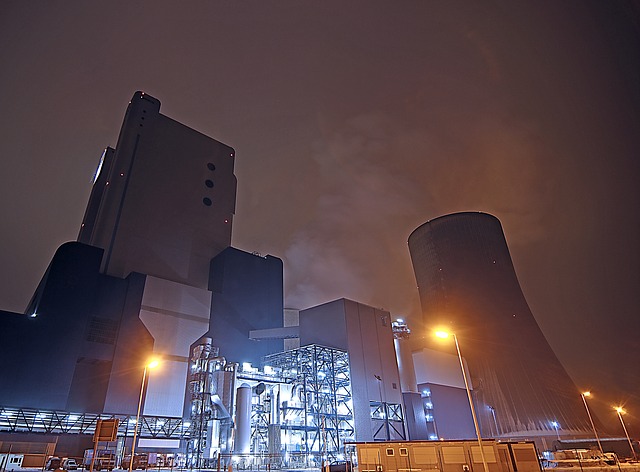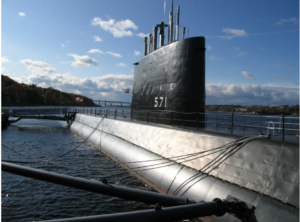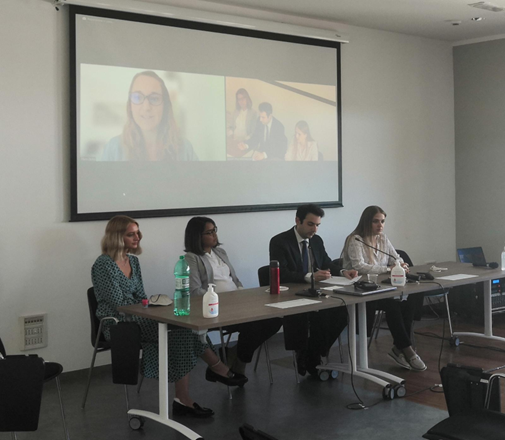
On 5 April 2019, the VCDNP held a workshop with the support of the U.S. National Nuclear Security Administration, to discuss the unique challenges and benefits advanced and emerging technologies pose to nuclear safeguards and export controls. The workshop brought together 40 individuals from diplomatic missions, ministries, industry, the International Atomic Energy Agency (IAEA) and think tanks. The workshop was held under the Chatham House Rule.
During the full day event participants assessed which technologies could pose a potential risk or benefit to non-proliferation in the safeguards and export control fields. The workshop focused on two categories of technologies. The first, the so-called operational technologies, which impact the behavior of suppliers and business practices subject to nuclear-related export controls, such as cloud computing, artificial intelligence, encryption and distributed ledger technologies. The second, the so-called utilization technologies, which are related to the processes and facilities corresponding to the production or processing of nuclear material and that have not yet been comprehensively reviewed and addressed by any regime, such as advanced reactors, accident tolerant fuels, additive manufacturing and accelerators. The programme focused on institutional and industry perspectives related to the types of technologies identified. The day concluded with an overall discussion on which technologies could impact export compliance and nuclear verification and identified potential next steps.
During the workshop significant time was spent on new reactor types, new fuels and other ways of extracting and processing nuclear material. The evolution of fuel cycle technologies could make steps of the fuel cycle more easily accessible to States and malicious actors alike. The need to constantly keep an eye on new technologies and the importance of the export community to identify such technologies, especially if a potential proliferation risk could be envisioned, was highlighted. However, it was cautioned that the process of formulating export controls should not draw out. Delays will create regulatory uncertainty for companies looking to invest in projects and could have a chilling effect on emerging markets. The need to work with industry and commercial providers was stressed, especially in the form of outreach since many new start-up companies may not be familiar with existing export controls on certain nuclear or nuclear-related dual‑use items or may not be aware of the potential proliferation risks.
Overall participants agreed that developing consensus language among governments, regimes, industries and innovators was key to better assessing technologies entering or reentering the market and to minimize potential proliferation risks. The participants noted that a useful exchange between the various entities and stakeholders involved in nuclear verification and compliance would be beneficial to make sure that there are common ways of describing nuclear related matters. It was emphasized that agreeing on common terminology could help develop more useful and universal models moving forward, especially noting that innovation driven by science and technology is more fast paced than existing verification and regulatory frameworks.
The VCDNP intends to organize follow-up workshops on this subject matter in order to help facilitate dialogue among the various stakeholders.

